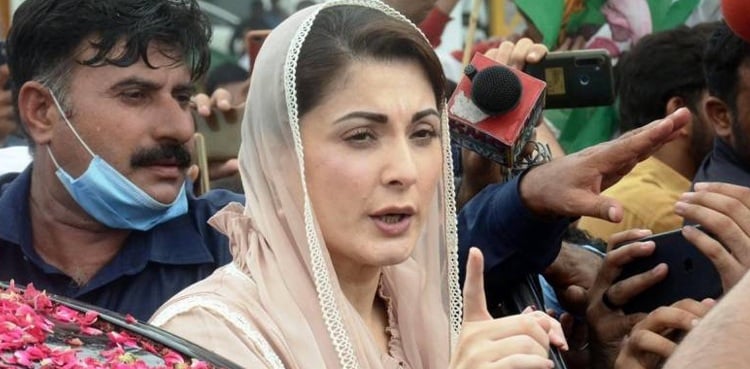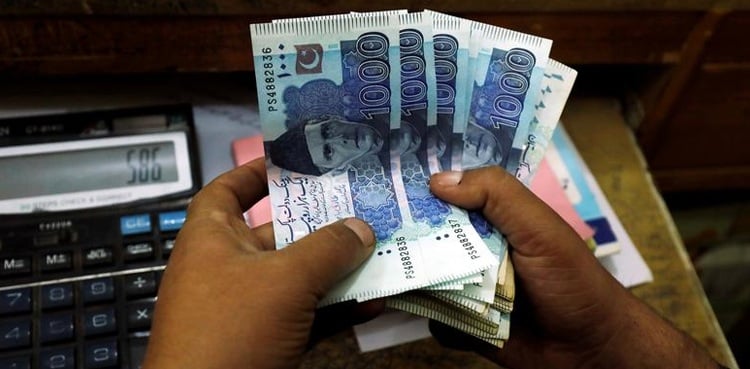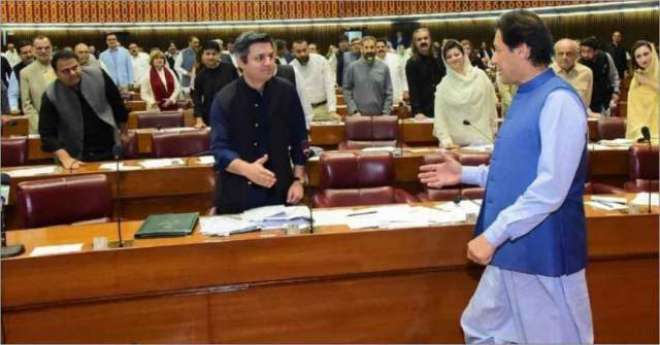FES-PWF seminar on ‘GSP Plus and Challenges of Labour Compliance’
- March 14, 2015, 1:49 pm
- Breaking News
- 52 Views
QUETTA(PPI): Friedrich Ebert Stiftung (FES) in cooperation with Pakistan Workers Foundation (PWF) hosted a Seminar on “GSP Plus and Challenges on Labour Compliance" in Lahore on Wednesday during visit of Christoph Strässer, German Federal Government Commissioner for Human Rights Policy and Humanitarian Aid.
The objective of the seminar was to bring together relevant stakeholders and encourage an interactive discussion about the implementation of the labour conventions within the context of GSP Plus, the conditional trade agreement between Pakistan and the European Union in place since January 2014.
In his introductory remarks Philipp Kauppert, Resident Director of FES Pakistan said that GSP Plus provides a “great opportunity to strengthen the labour movement for improving the situation of workers in Pakistanâ€. Being a German foundation committed to the values of Social Democracy, FES is supporting trade unions and social policy dialogues in more than 100 countries globally.
In his keynote address, former Federal Finance Minister D. Hafiz A. Pasha emphasized on the challenges that are restraining the country from sustainable development. Pasha argued that until now, “GSP Plus has created a diversion of exports rather than the intended promotion of export industriesâ€. In the context of the ongoing devolution process, sound industrial policy initiatives would be required at the provincial level.
Christoph Strässer who is also a member of the German Parliament from the Social Democratic Party (SPD) started his speech describing the history of industrial development and the important contributions from the trade union movement in Germany. He mentioned that the German Federal
Government is supporting the improvement of working conditions in global value chains through different initiatives and partners. Furthermore, he emphasized that economic development and the fulfillment of basic human rights cannot be separated from each other, stating that “the German economic model has been successful because of the strength of the labour movement.â€
Secretary Labour and Human Resources Ishrat Ali introduced the recent labour policy draft by the Government of Punjab. He acknowledged that the implementation is still a big challenge, particularly in the informal economy. Choudry Muhammad Yaqoob, Chairman Pakistan Workers Confederation
(PWC), said that the organization of the workers in the industrial sectors is essential for labour compliance. Zahoor Awan, General Secretary Pakistan Workers Federation (PWF), assured that “the trade unions will use the opportunity of GSP Plus to organize a process of monitoring the implementation of social standardsâ€, committing to play a constructive role in tripartite industrial dialogues at different levels. Numerous representatives from trade unions and civil society organisations applauded the initiative to have a stronger focus on labour questions.
In his final remarks, Raja Ashfaq Sarwar, Punjab Minister for Labour and Human Resources, appreciated the role the German government and Friedrich-Ebert-Stiftung took in supporting Pakistan. He further said that the government of Punjab is very conscious about the importance of labour compliance within the context of GSP Plus. The Punjab Government would especially focus on the elimination of bonded labour and develop stronger institutional mechanisms for labour market governance, in cooperation with representatives of employers and employees.










